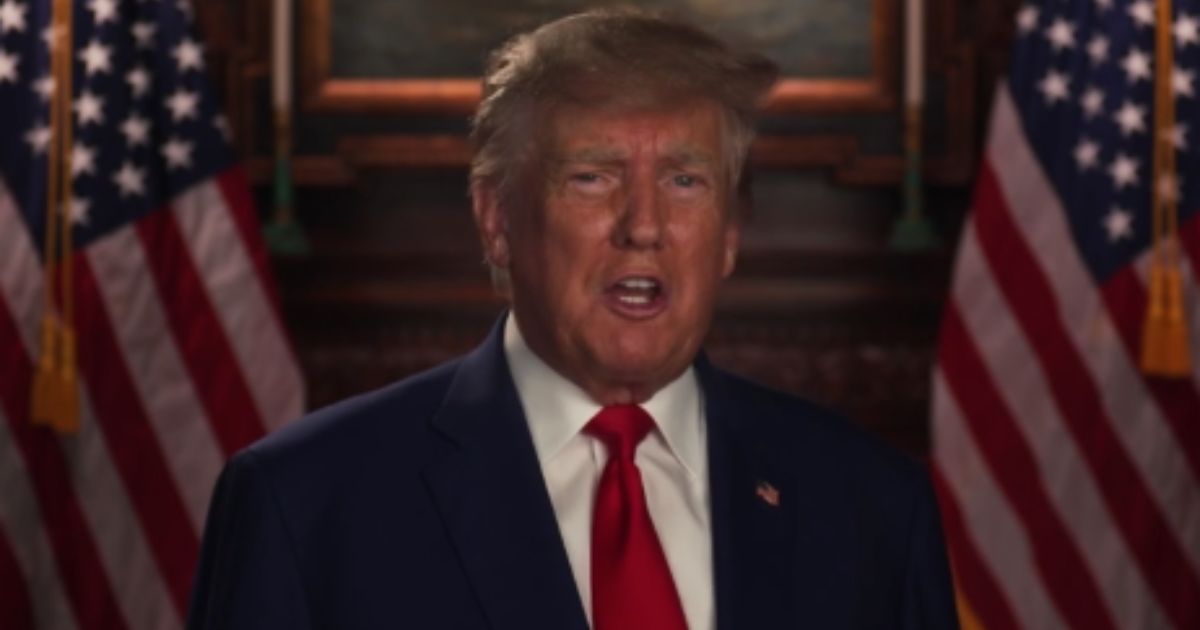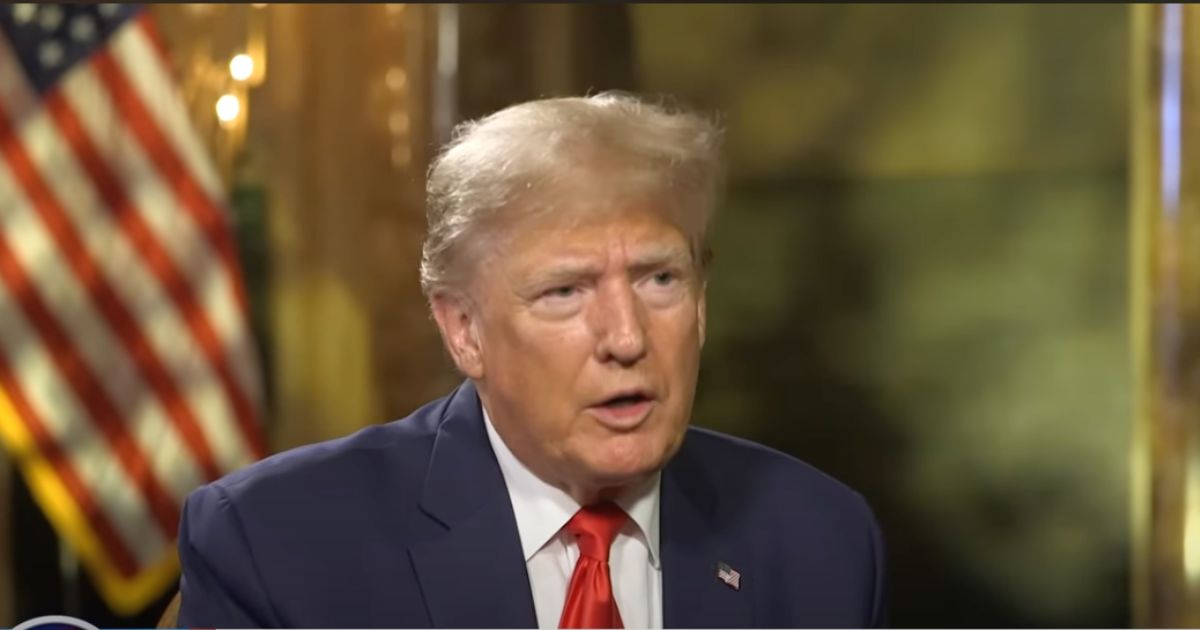Trump Attempts To Overturn Conviction, Cites Recent Supreme Court Ruling
In an audacious legal challenge, former President Donald Trump is citing a recent Supreme Court decision to contest his criminal conviction in New York, arguing that his actions as president are shielded by immunity.
According to CBS News, Donald Trump seeks to invalidate his New York criminal conviction, leveraging a new Supreme Court decision that grants broad immunity to former American presidents.
The Supreme Court recently widened the scope of presidential immunity for actions undertaken during their official duties, which Trump's legal team is now leveraging in their argument.
Trump's Immunity Claim Rejected by Judges
Trump's attorneys argue that the 34 felony counts of falsifying business records, for which he was convicted, stemmed from 'hush money' payments made during his presidency in 2017 and thus fall under the blanket of presidential immunity. This claim follows the Supreme Court's ruling on Monday, which Trump's lawyers believe supports their position.
Despite this, a district and a federal judge have previously ruled against Trump's claim that these actions were official presidential duties.
They pointed out that the activities were personal, a stance supported by the recent remarks of U.S. District Judge Alvin Hellerstein, who emphasized that the payments were intended to cover up personal embarrassments unrelated to Trump's presidential duties.
Legal Proceedings and Judicial Opinions
The judges have determined the hush payments made to a film star to silence her had no connection to Trump's role as president.
This case is the first of four criminal cases against Trump to reach trial, setting unique judiciary precedence on interpreting presidential immunity.
Meanwhile, Trump’s legal team filed a motion following the Supreme reaction, highlighting what they see as judicial missteps at the trial. This action questions the validity of evidence and the jury's verdict by citing the new immunity guidelines.
Responses from Manhattan's District Attorney
The office of Manhattan District Attorney Alvin Bragg has opposed the argument made by Trump's lawyers but agreed to a delay in sentencing to facilitate further discussions on this legal quandary.
Though sympathetic to the necessity of a delay, Bragg's office remains firm on its stance against the immunity application in this situation.
Trump's attorneys, Todd Blanche and Emil Bove, assert that the district attorney’s office was wrong to include evidence related to Trump’s presidency at the trial.
They argue this highlights a significant risk of undermining the executive branch's stability, quoting the Supreme Court's concerns over an 'Executive Branch that cannibalizes itself.'
Chronology of Legal Challenges and Courtroom Battles
Undeterred by the complexity and potential long-term impacts of the legal proceedings, Trump quickly signaled his intention to appeal the verdict handed down in April. The sentencing, initially scheduled for July 11, has been postponed to allow time for additional briefings set to commence on July 10, providing a window for further legal debates.
As teams prepare for the upcoming legal engagements, the case continues to attract significant public and legal scrutiny, given its implications for presidential conduct and the limits of legal accountability.
Looming over this legal battle is the broader question of how presidential actions are defined and protected, an issue that has sparked considerable debate across political and legal spectrums.
Conclusion
Donald Trump's attempt to overturn his New York criminal conviction, citing a recent Supreme Court decision that broadens presidential immunity, raises significant constitutional and legal questions.
The Supreme Court’s expanded interpretation of immunity, the ongoing judicial debates about the nature of Trump’s acts, the response from the Manhattan DA, and looming appeals encapsulate a pivotal moment in U.S. constitutional law. As these events unfold, they will undoubtedly influence future legal interpretations of presidential powers and responsibilities.





